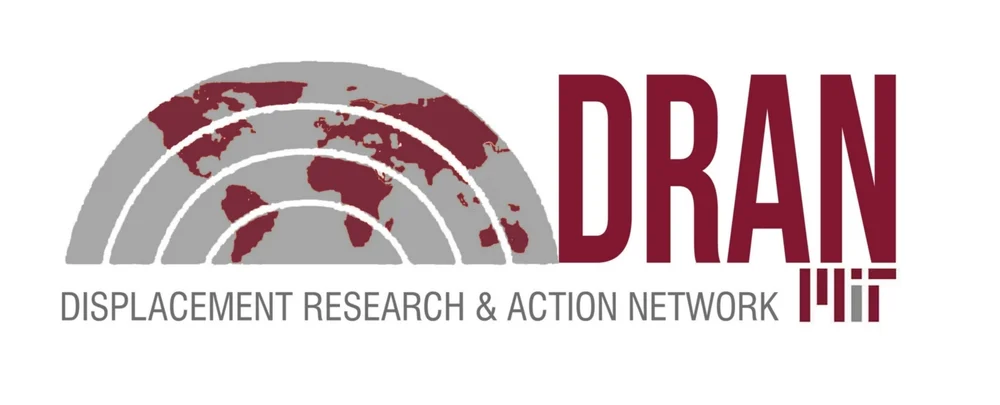Evictions and Displacement: the Collateral damage of development
June 11th, 2014
Miloon Kothari
A deafening silence reigns in global development and business institutions and national and local governments on the adverse and irreversible consequences of millions of people being forcibly evicted from their homes and lands. This annual ritual, tragically, mirrors international and national development efforts leaving in its wake reflected realities of human despair and devastation across the world’s rural and urban landscape.
I have worked on this issue, at different levels ranging from within civil society, academia and the United Nations, for the past 25 years. These years of experience with one of the most compelling yet largely unaddressed issues of our time, has left me convinced that perhaps the largest obstacle we face to minimising displacement is indifference amongst those who are in charge of shaping policies and laws that enable, through acts of omission and commission, this phenomenon.
An even more insidious conclusion I have reached is that, amongst global institutions and national and local governments it is not only indifference but it is ‘indifference with conviction’. Such a conclusion is buttressed by the rationale we hear most from those that are responsible for driving people from their homes and lands: ‘this is a price we have to pay for development’; ‘oh! these people who are being displaced are ‘illegal’ anyway and have ‘no rights’ and other such callous, inhumane explanations. The most chilling of these that a senior bureaucrat told me when repeatedly being asked why his government was tolerating, and in fact abetting, displacement was: “Sir, if you want to make an omelette, you have to break some eggs” – the omelette, of course, being his countries ‘development’.
As the years pass and evictions and displacement become an accepted ‘side-effect’ of the neo-liberal, growth obsessed economic model that reigns supreme the world over, we face the grim prospect of an acceptance of the reductive notion of what constitutes a human being, a flat out denial of something as precious as the basic dignity we are all born with and something as empowering as the human rights we should all be able to exercise.
If people have to suffer as a consequence, if communities are dispersed and wrenched apart from ties to their homes and lands, if women have are forced to become even more vulnerable to violence, if children have to suffer psychological damage that can last a lifetime, if entire families have to lose a generation of hard work and sacrifices so that their children may face a better future and have to start all over again in a resettlement site far from their livelihood – so what. It’s the price we have to pay for development!
The attempt in what is outlined above has been to present only some of the enormous, and often daunting, challenges we all face as we attempt to grapple with this runaway phenomenon of evictions and displacement. Faced with such a reality we all at our individual and institutional levels need to come together to ask the hard questions and hopefully come up with some answers to ensure that evictions only occur in ‘exceptional circumstances’ as required by global human rights standards. The MIT DRAN project is one such inter-disciplinary attempt.
One of the facts that we have to grapple with is that evictions and displacement continue because those responsible (government officers at all levels, business leaders, landlords, developers and so forth) are rarely if ever held accountable for their actions. There are few if any criminal charges and subsequent prosecutions of individuals who make the decisions that lead to evictions and displacement and the further immiserization people and communities. There is, increasingly, national and international exposure of those responsible but rarely are there prosecutions of individuals or criminal liability established for national and global corporations for their complicity in inducing evictions and displacement.
Many actors, from civil society campaigns and movements to individual human rights defenders to various parts of the UN human rights system and many others, are involved in confronting displacement. Some examples of these efforts can be found on the DRAN website. In a future post I will make an attempt to give examples of these initiatives and explain why all these valiant efforts put together have not been enough to stem the growing global tide of evictions and displacement.
This is why we need many more to join hands, to come together, to embrace and seek to multiply the strategies groups around the world are employing to counter evictions and displacement. At the same time we need to utilize the new strategies that are available such as the Eviction Impact Assessment Tool pioneered by the Housing and Land Rights Network and the mapping displacement initiative we are initiating at DRAN.
The task before us is daunting but the alternative would be to allow gross human rights violations such as forced evictions to continue unchallenged and allow for an increase in the number of individuals and institutions that continue with impunity to cause great harm to millions worldwide. The need to put our minds, hearts and capacities together has never been more urgent.
